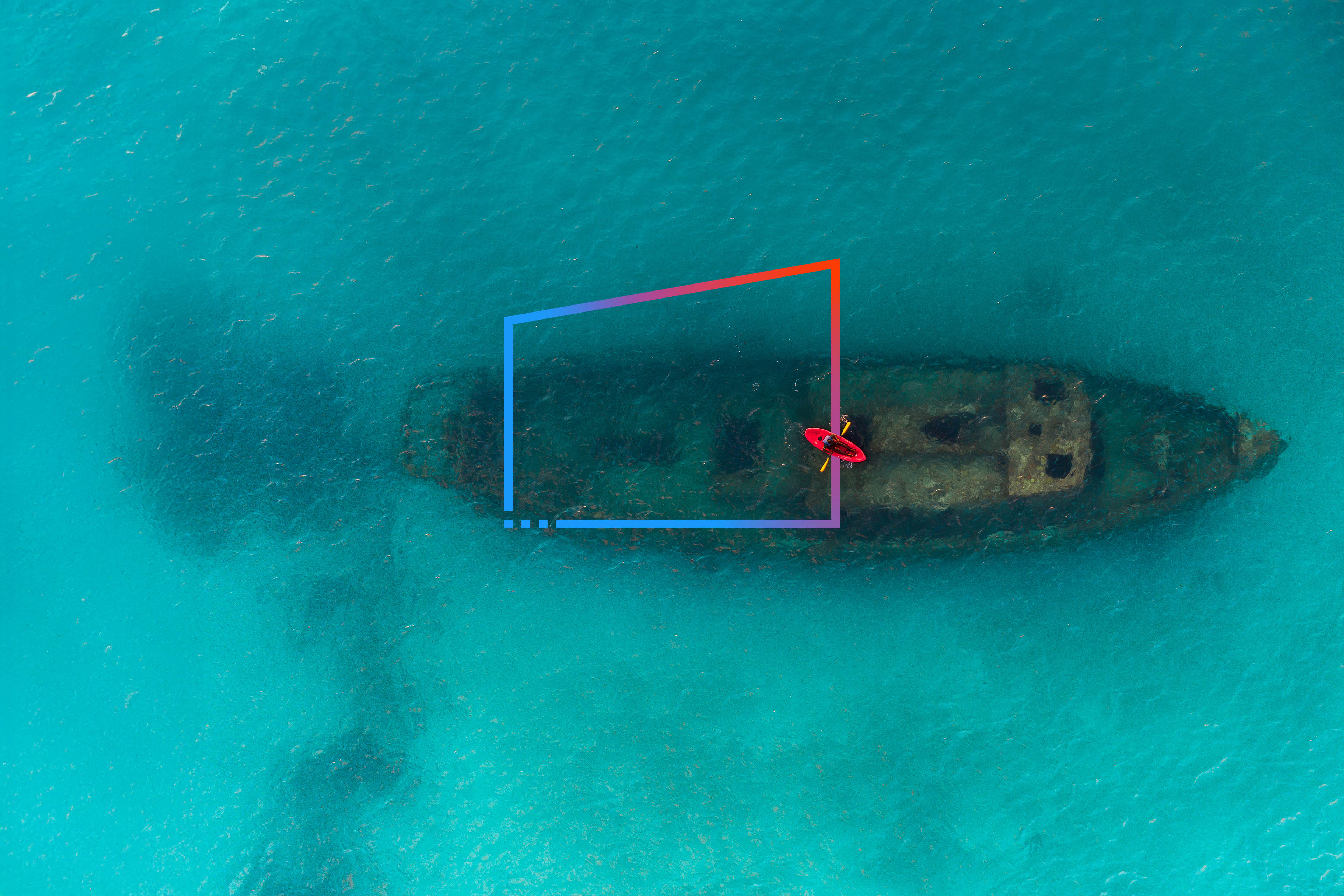EY refers to the global organization, and may refer to one or more, of the member firms of Ernst & Young Global Limited, each of which is a separate legal entity. Ernst & Young Global Limited, a UK company limited by guarantee, does not provide services to clients.
Proposal for a Council implementing decision authorising Romania to introduce mandatory e-invoicing for transactions between taxable persons (B2B)
On the 23rd of June, the European Commission published the proposal for a Council Implementing decision authorising Romania to apply special measures for derogation from Articles 218 and 232 of the EU VAT Directive.
Subject to adoption by the European Council, Romania would be allowed to introduce mandatory e-invoicing for B2B transactions as early as the 1st of January 2024.
On the 14th of January 2022, Romania requested authorisation for derogation from Articles 178, 218 and 232 of the VAT Directive. Subsequently, on the 30th of September 2022, Romania modified its initial request and only asked for derogation from Articles 218 and 232. Romania also postponed the implementation date from the 1st of July 2022 to the 1st of January 2024.
Article 218 provides for Member States to accept all documents and messages in both paper and electronic format as invoices. Article 232 provides that the use of an electronic invoice shall be subject to acceptance by the recipient. As such, once Romania obtains derogation from the above Articles, a switch towards electronic invoices to be communicated via the RO e-Factura system managed by the Ministry of Public Finances is expected, whereas the issuer will no longer need to obtain consent from the recipient to issue an invoice in electronic format.
It is proposed that the derogation will apply from the 1st of January 2024 until the 31st of December 2026 or the date from which the Member States are to apply national provisions regarding ViDA, whichever is the earliest.
Romania can submit a request for an extension to the Commission beyond the 31st of December 2026.
The RO e-invoice system will continue to be optional for companies not-established for VAT purposes in Romania.
Within 30 days from the date when the Implementing Decision is adopted by the Council, the National Agency for Fiscal Administration Order is expected to set the categories of taxpayers switching to mandatory B2B e-invoicing as well as the Go-live date.
We would like to remind you that the RO e-Factura system is in place since November 2021, and it is mandatory since July 2022 for specific transactions such as B2G or B2B transactions with high fiscal risk goods or invoices issued based on holiday vouchers.
The current RO e-Factura system will be used as the basis for implementing mandatory generalized e-invoicing.
The 1st of January 2024 deadline is in line with what NAFA has previously communicated as the intended deadline for implementing for introducing mandatory e-invoicing for B2B transactions.
We therefore recommend for all taxpayers to start taking all the necessary steps now to be ready to e-invoice as early as the 1st of January 2024.
The EY team is ready to assist with a dedicated e-invoicing solution as well as with support during the implementation process. Please refer to the attached flyer that describes how our team can help you.
The EY Team is available for further details on the above.
Prepared by:
Oana Popescu, Manager, Indirect Tax
For additional information, please contact:
- Alex Milcev, Tax & Law Leader Romania & Moldova
- Georgiana Iancu, Leader of the Indirect Tax Department
- Georgiana Constantin, Senior Manager, Indirect Tax
- Andrea Mitroi, Manager, Indirect Tax
- Oana Popescu, Manager, Indirect



